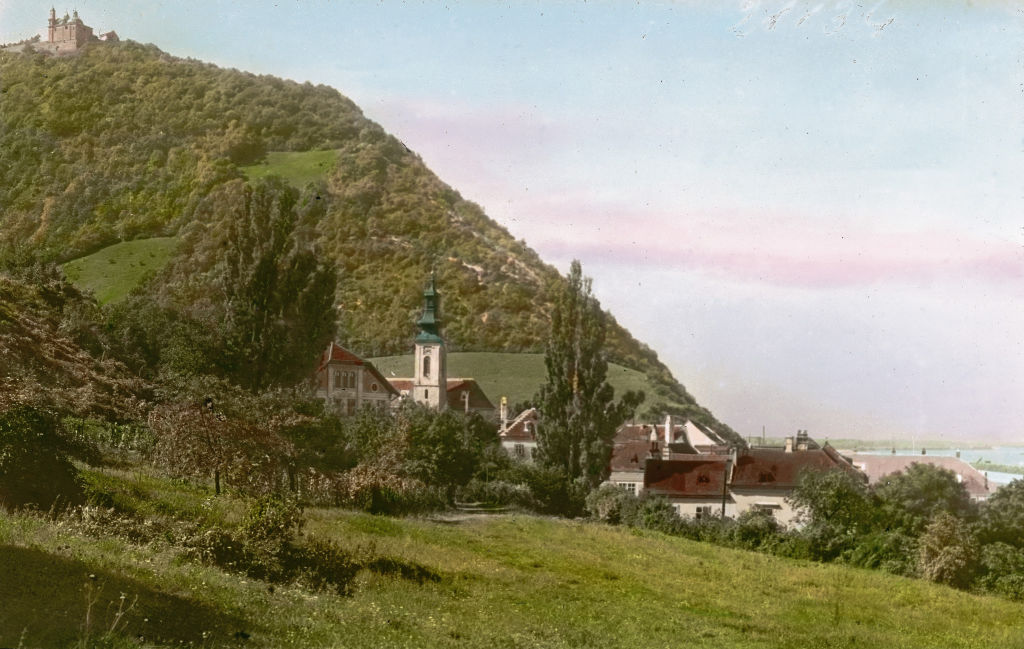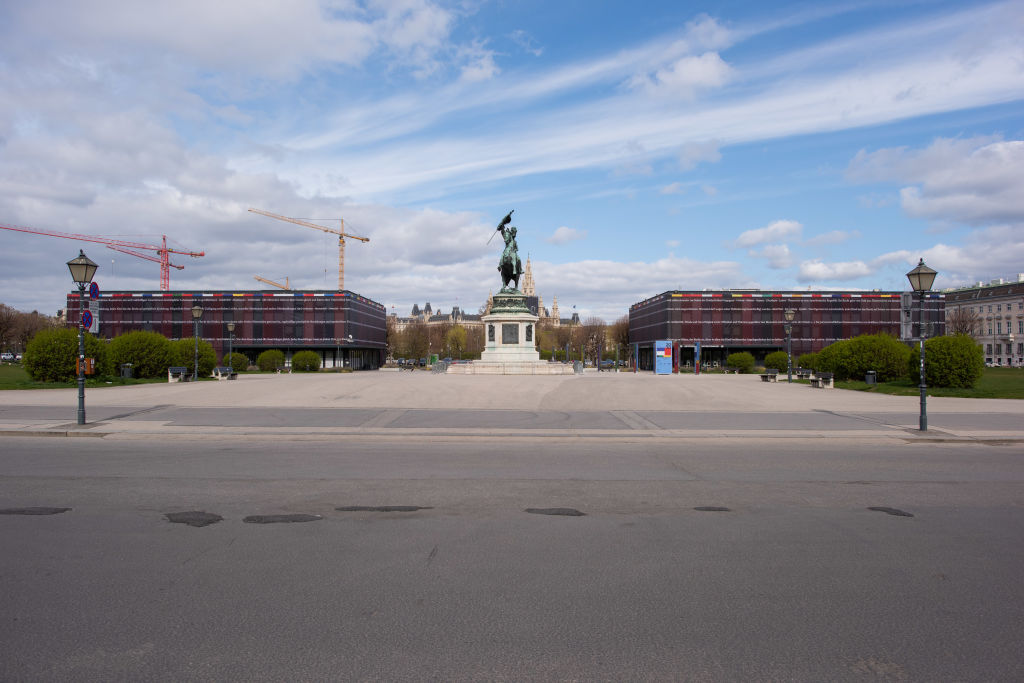A plaque on a house in Vienna’s 12th district commemorating Soviet dictator Josef Stalin will not be removed for the time being, the local council has announced.
In its December session, the district council voted down a request by the right-wing Freedom Party (FPÖ) to remove the memorial. The proposal was rejected with the votes of the Social Democrats (SPÖ), Greens and Communists.
The marble plaque was put up in 1949 for Stalin’s 70th birthday on a building at Schönbrunner Schloßstraße 30. It shows a bronze portrait of the Soviet dictator and reads: “In this house JW Stalin lived in January 1913. Here he wrote the important work Marxism and the National Question.”
Stalin had visited Vienna in 1913 to see how different nationalities lived together in the multi-ethnic Habsburg monarchy.
The plaque is the only remaining monument to Stalin in the Western world according to the historical society Wien Geschichte Wiki. Most others were removed down after the end of Communism in Eastern Europe in 1989.
Stalin is now remembered as a brutal dictator who caused the deaths of at the least nine million, maybe up to 60 million people. In 2012, a smaller plaque commemorating Stalin’s victims was put up below the 1949 memorial.
In November 2024, the FPÖ submitted a request to the council to remove the plaque. “The City of Vienna has to denounce Stalin’s crimes and immediately remove the memorial plaque”, said Maximilian Krauss, head of FPÖ in Vienna. That followed a revelation that Andreas Babler, current leader of the SPÖ and potentially Austria’s next Vice Chancellor, had co-authored a book called Stamokap Today in which he glorified Stalin and his economic policies.
After the alliance of SPÖ, Greens and Communists voted down the removal of the plate, Krauss called the decision scandalous. “Vienna Mayor Michael Ludwig should reflect on his position. It is inconceivable that Vienna as a City of Human Rights tolerates a memorial plaque for Stalin,” he said.
Despite the vote, on December 19, the city government announced it would “explore options and possible actions” on how to deal with the plaque.
The Stalin plaque is just one of several controversial monuments to Communist figures that dot Vienna. In 2008, a bronze bust of Che Guevara was erected in the Donaupark recreation area, initiated by the Austrian-Cuban Society.
Its inauguration was attended by then-mayor Michael Häupl and other SPÖ grandees. The inscription on the statue reads: “Solidarity is the tenderness of nations.”
During the Cuban civil war, Guevara was responsible for the deaths of at least 216 people.
Elsewhere, the largest city-owned social housing complex in Vienna still bears the name Karl-Marx-Hof, despite the tens or hundreds of millions of people who fell victim to the Marxist ideology.
The biggest Communist memorial in Vienna is the “Monument to the Heroes of the Red Army” in the heart of the city.
It features 26 columns and a 20 metre tall central pillar crowned by a statue of a Soviet soldier. While there have been calls to dismantle the monument after the fall of the Soviet Union, politicians maintain that Austria agreed to keep and maintain the monument in the 1955 deal with the Allied forces that helped restore Austrian independence.





